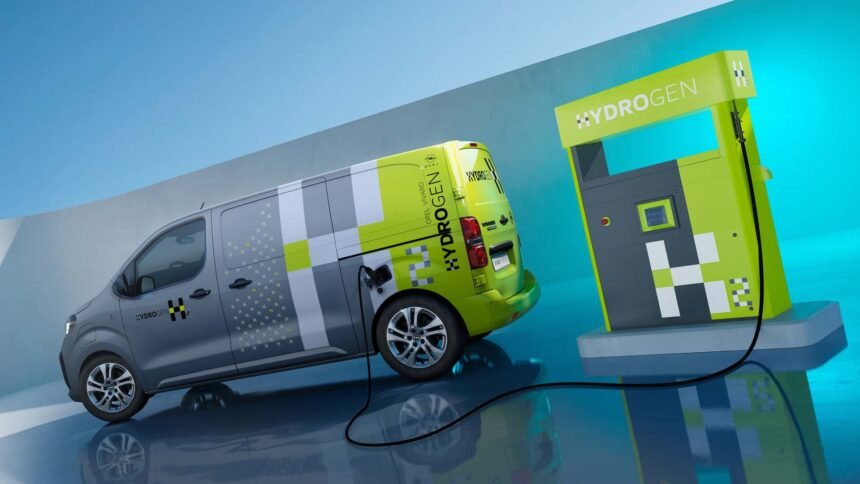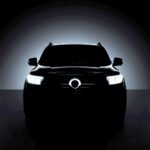Stellantis, a major player in the automotive industry, recently made the decision to halt its hydrogen development program. This move comes as a surprise to many, considering the company’s initial enthusiasm for hydrogen-powered vehicles. Stellantis had planned to launch hydrogen-powered commercial vehicles this year, but those plans have now been abandoned.
The main reason behind Stellantis’ decision to end its hydrogen program is the lack of economic sustainability in the hydrogen market. Despite significant investments in hydrogen technology, the infrastructure for refueling hydrogen vehicles remains underdeveloped globally. Additionally, the absence of government incentives to drive down costs for consumers has further hindered the growth of the hydrogen segment.
While Stellantis is stepping back from hydrogen, other automakers like Toyota and Hyundai remain committed to the technology. Toyota, in particular, is working on improving fuel cells and developing combustion engines that run on hydrogen. The company is also collaborating with BMW to bring a series-production hydrogen car to the market in 2028.
Hyundai recently launched the new Nexo crossover and is exploring the potential of fuel cell trucks like the Xcient. Honda is set to mass-produce a next-generation fuel cell module with lower production costs and increased durability. The company has a joint venture with General Motors to manufacture fuel cells for their respective divisions.
On the other hand, Volkswagen’s former CEO Thomas Schafer has expressed skepticism about the feasibility of hydrogen for passenger cars in the near future. He believes that the technology is not competitive, especially for passenger vehicles, due to space constraints in the cabin.
Renault’s niche brand Alpine is also delving into hydrogen technology with a supercar powered by a hydrogen-fueled V-6 engine. Renault itself has unveiled a concept car, the Emblème wagon, with a fuel cell and rechargeable battery.
Despite advancements in fuel cell technology, the lack of a robust refueling infrastructure remains a significant challenge for widespread adoption. As automakers continue to explore alternative power sources, the future of hydrogen in the automotive industry remains uncertain.







